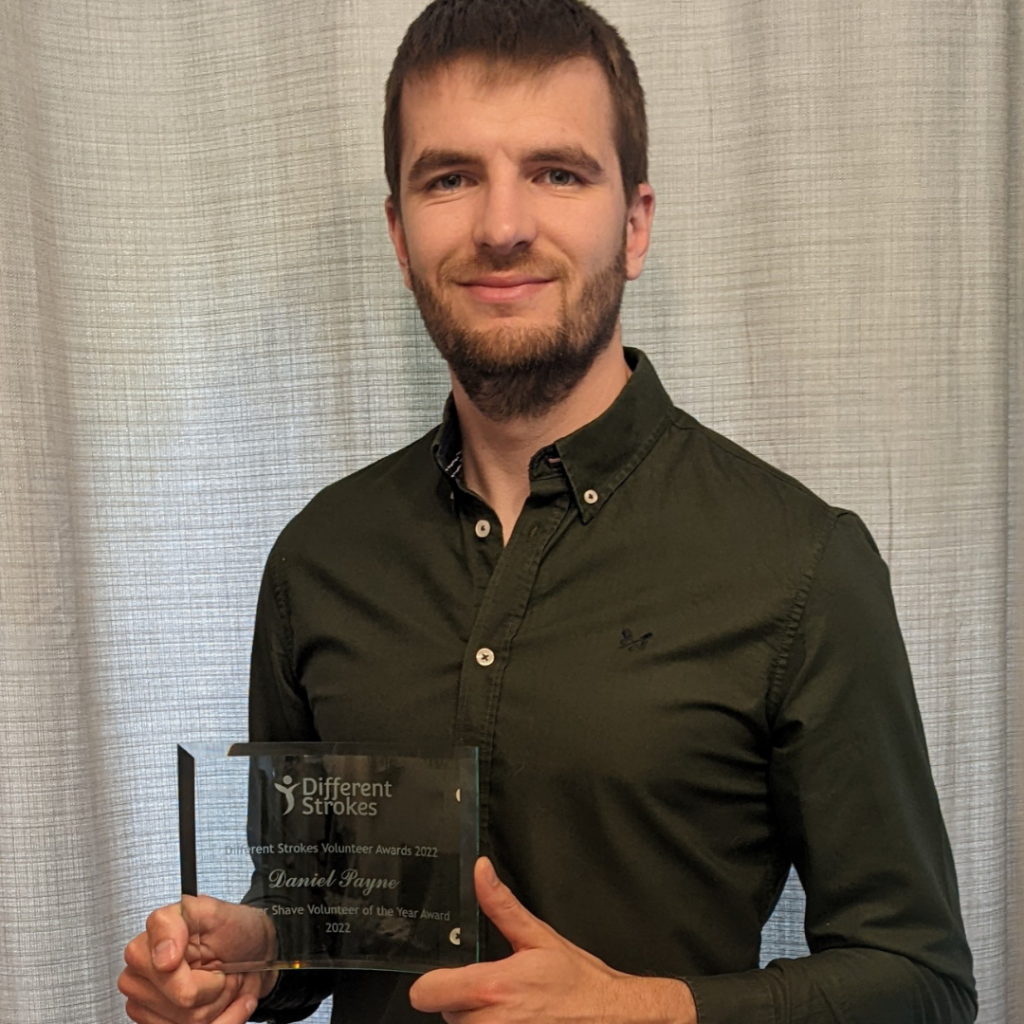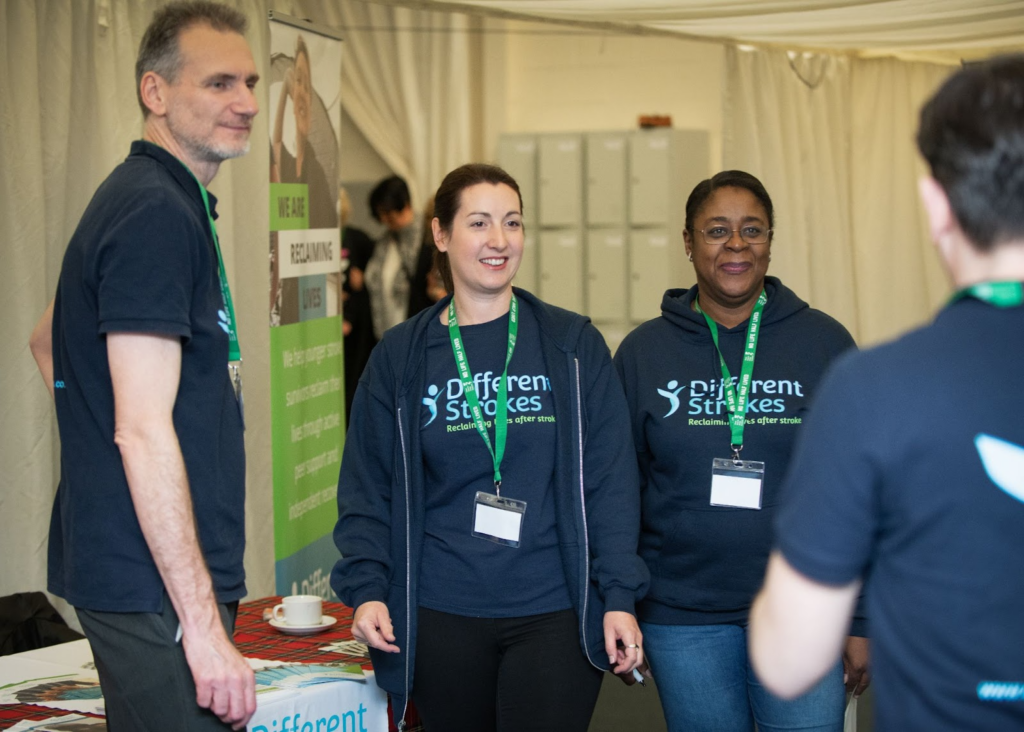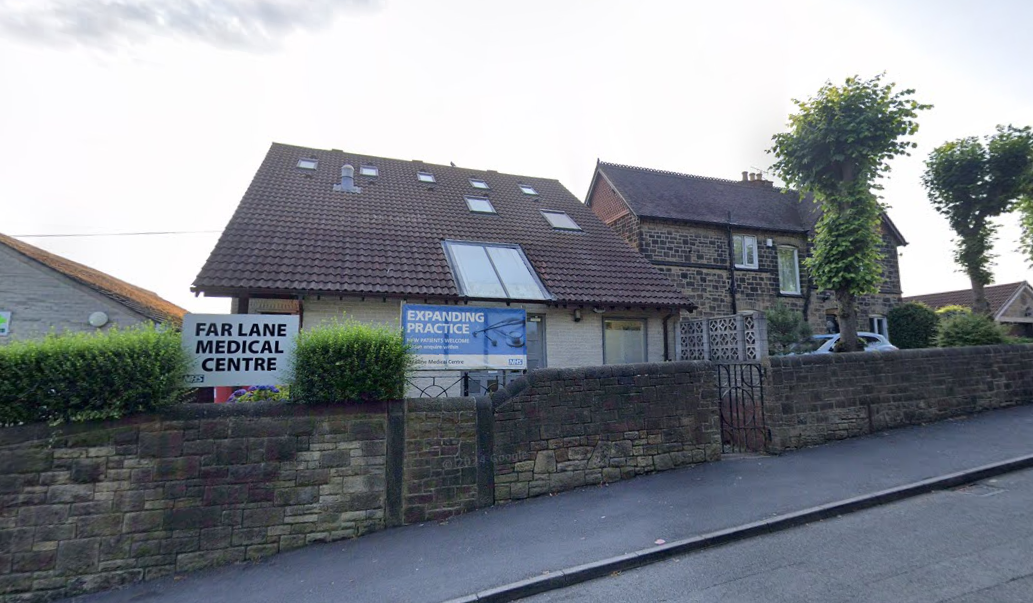A UK-wide charity has made young people feel validated through its peer support group aimed at tackling loneliness in stroke survivors.
Different Strokes is an organisation that connects young people across the country, including Yorkshire, through their shared experiences.
Being run by young stroke survivors for young stroke survivors, the charity set up its own peer-support network, Befrienders, in 2020 after finding a lot of its members felt alone in their journey.
Marketing manager of Different Strokes, Lauren Hartney, said: “A lot of young people have come to us with similar experiences of feeling isolated after their stroke. Many young people end up on wards which are full of older people, and it can be hard not to know anyone else your age who’s been through it.
“We saw this as a huge gap in support available for young people, so we set up the Befriending service to help overcome this.”

The service currently has four volunteers that offer support to other stroke survivors in a range of ways from answering questions and concerns to just having a friendly chat.
The conversations can happen over the phone, text or video call and can be as often or as little as the young person wants.
Befriender and occupational health administrator, Ailie Mess, 26, from Aberdeen, said: “As a survivor, I had a lot of support from my family and friends, but nobody had been through it.
“A lot of young people say, ‘I feel like the only young person who’s had a stroke’, so I wanted to give back to the charity and show young people they’re not alone.”
Some people who come to the charity might have read stories that have resonated with them so request particular volunteers, whilst other Befrienders are matched based on experiences and interests.
The matching process is undertaken by the Different Strokes family support officer, Genise Turnbull, who works closely with the group to ensure everything runs smoothly and is available to answer any questions should the volunteers need extra advice.

Volunteer and purchasing manager, Daniel Payne, 28, from Berkshire, said: “My fiancé works on a stroke ward and whilst she’s been amazing, it’s just not the same as talking to someone who’s also been through it. People can sympathise but they can’t empathise.
“I think it’s great being able to talk to someone who’s a similar age as it’s not just about both having had a stroke, it’s about that generational gap.
“Someone who’s older is at a very different stage in their life than someone who is in their 20s and 30s.”
The impact of the generational divide between older and younger stroke survivors is a sentiment shared by Ms Mess, who was just 21 when she had her stroke while on holiday in Iceland.
She said: “Although the matching is about age, it’s not just about matching people for the numbers.
“For me, I had my stroke when I was 21 so I was just starting out in my career having never worked full-time before. People who’ve had a stroke at 40 are still young, but they’ve already had a lot of the experiences that young people haven’t yet.”
The service is available to stroke survivors aged from 16 to 25 with many of the participants praising the validation the scheme has given them.
But the scheme has also been beneficial for the volunteers with Mr Payne, who had his stroke aged 23, enjoying being able to see the progress people make.
Mr Payne said: “It’s great seeing gradual improvements in people. It might start off with them being quite shy, but slowly people open to you and having both had a stroke, it gives you a way into a conversation.
“I can talk to people once who just need a question answered, but others I speak to on a longer-term basis where we just catch-up on general life, but from a stroke perspective, which is so beneficial.”
Although the pair are in a good position in their recovery, the charity recognises that every young person’s stroke journey can be very different.

Ms Hartney said: “Recovery isn’t linear and Different Strokes likes to keep its relationship to those we support open-ended.
“Acceptance is a life-long pursuit and whilst some will hit the different steps of their recovery and move on from the service, some will also come back and that’s absolutely fine too.”
Although everyone’s stroke experience is different, the Befrienders find that recurring points come up during their conversations with young stroke survivors.
The most common is the fatigue that many can face after their stroke as well as anxiety, navigating the dating world and feeling isolated.
Ms Mess said: “The fatigue is probably the most misunderstood and underestimated symptom as it’s invisible.
“I’ve found that other people might say to me that I can’t be tired as I’m only young, but they don’t realise I’m a stroke survivor.”

The volunteers hope by sharing their experiences, it will help other young people on their journey to recovery, and enable them to open-up about how they’re feeling.
Although it can be difficult to relive the experience of having a stroke, volunteers like Ms Mess believe that the positives outweigh this.
Ms Mess said: “Sometimes it can be hard if it’s a very similar story as it can bring up memories, but the good really does outweigh the bad and it can be so interesting and informative hearing about other people’s experiences.
“Stroke recovery can feel like going through the five stages of grief, and I wouldn’t have volunteered if I wasn’t ready. For me, it’s been a really cathartic experience and I’m so glad that I got involved.”
To find out more about the Befriending service visit the website hereFind out more about Different Strokes here




